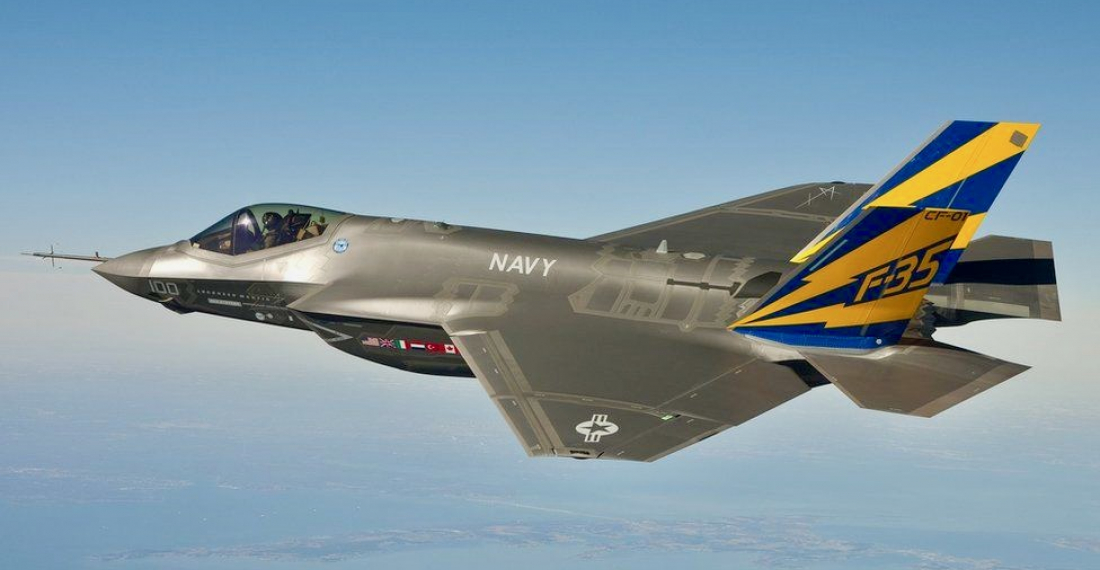Last Monday (24 January), an American F-35C fighter jet crashed in the South China Sea. The plane is equipped with high-tech and secret technology. The United States is afraid that China will find the advanced fighter jet before they do. Because the F-35C is in international waters, other countries might try to do the same.
The F-35C crashed after it impacted the deck of the aircraft carrier USS Carl Vinson during a military drill in the South China Sea. The pilot could escape to safety using his ejection seat, but according to reports, six of the ship's crew were injured.
The US military are now trying to reach and locate the fighter jet, time is of the essence. An American salvage ship is expected to take ten days to reach the scene of the accident. Consequently, the battery of the black box may be empty, and the jet would be much more challenging to locate.
On Thursday (27 January), Chinese Ministry of Foreign Affairs spokesman, Zhao Lijian, denied Beijing was after the F-35C. "We have no interest in their aircraft," he said at a briefing.
The American defence advisor, Abi Austen, considers it "of vital importance that the US gets it back". At present, China does not yet possess the technology of this fighter jet . It would be a great leap forward for them, Austen believes. "If they can get their hands on the network capabilities of the F-35C, it undermines the whole carrier philosophy", Austen said.
Monday's F35 incident took place as two Carrier Strike Groups, led by the Carl Vinson and USS Abraham Lincoln, with more than 14,000 sailors and marines, conducted drills in the South China Sea.
The military says the drills were to demonstrate the "US Indo-Pacific Command Joint Force's ability to deliver a powerful maritime force."







